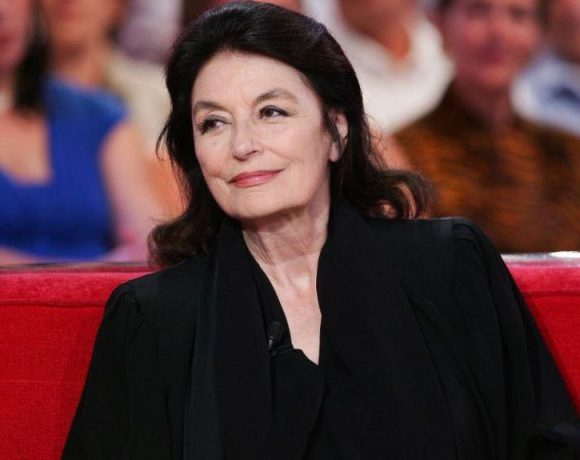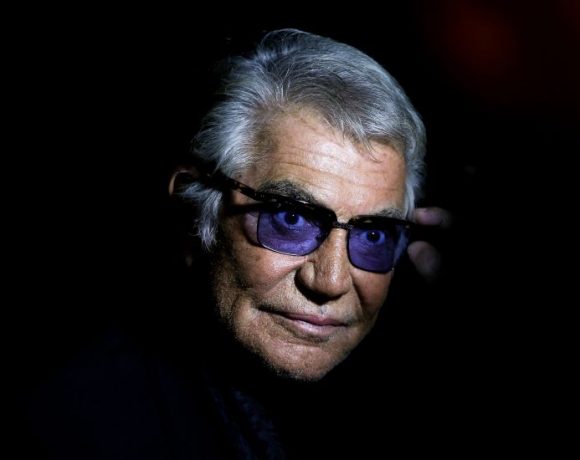
French film star Anouk Aimée, renowned for her work with many of Europe’s most influential directors, has passed away at the age of 92. Aimée, whose career spanned eight decades, starred in numerous films, including Claude Lelouch’s “A Man and a Woman,” which earned her an Oscar nomination. She died at her Paris home on Tuesday, as confirmed by Sébastien Perrolat of the TimeArt agency to the AFP news agency. Her daughter, Manuela Papatakis, shared that she was by her mother’s side at the time of her death. Papatakis expressed her grief on Instagram, posting a black-and-white photograph of Aimée and mentioning that she, her daughter Galaad, and her granddaughter Mila, were deeply saddened by Aimée’s passing.
French Culture Minister Rachida Dati paid tribute to Aimée on X, praising her as a world-famous icon and a prominent figure in French cinema who worked with major directors like Jacques Demy, Claude Lelouch, and Federico Fellini.
Born Nicole Françoise Florence Dreyfus in Paris in 1932, Aimée’s father was Jewish, though she was raised Catholic. After the German occupation of Paris in 1940, her family sent her to the countryside and changed her name for safety. Aimée debuted on screen as a teenager in the 1946 film “La Maison Sous La Mer” and adopted her character’s name, Anouk. French poet and screenwriter Jacques Prevert suggested she change her surname to Aimée, meaning “loved.”
Aimée was in high demand for Italian and French films. Her career took off with Fellini’s acclaimed 1960 film “La Dolce Vita” and continued with “8½” in 1963. However, it was her role in Lelouch’s 1966 film “A Man and a Woman” that cemented her status as an icon of romantic cinema. This performance earned her a Golden Globe, a BAFTA, and an Oscar nomination, making her the first actor nominated for an Oscar for a French-language performance. Although she did not win, the film received the Oscar for Best Foreign Language Film.
Throughout her career, Aimée starred in 70 films and received an honorary César Award in 2002. In 2019, she attended the Cannes Film Festival for the premiere of Lelouch’s sequel to “A Man and a Woman,” where she reunited with her co-star Jean-Louis Trintignant.
Renowned for her beauty and acting talent, Aimée was named one of the “100 sexiest stars in film history” by Empire magazine in 1995. She had one daughter, Manuela, with film director Nico Papatakis, one of her four husbands. She was also married to composer Pierre Barouh and British actor Albert Finney. Aimée spent her later years in the Montmartre district of Paris.
Picture Courtesy: Google/images are subject to copyright


